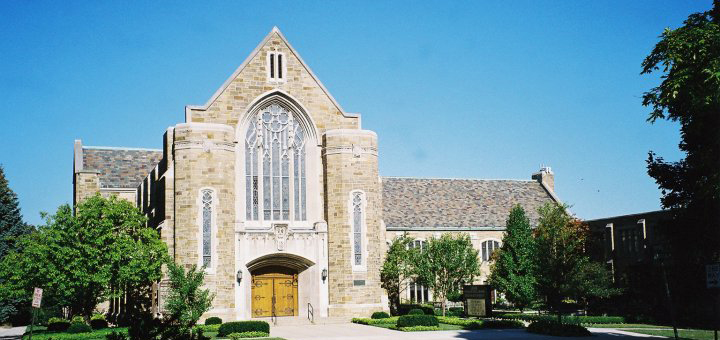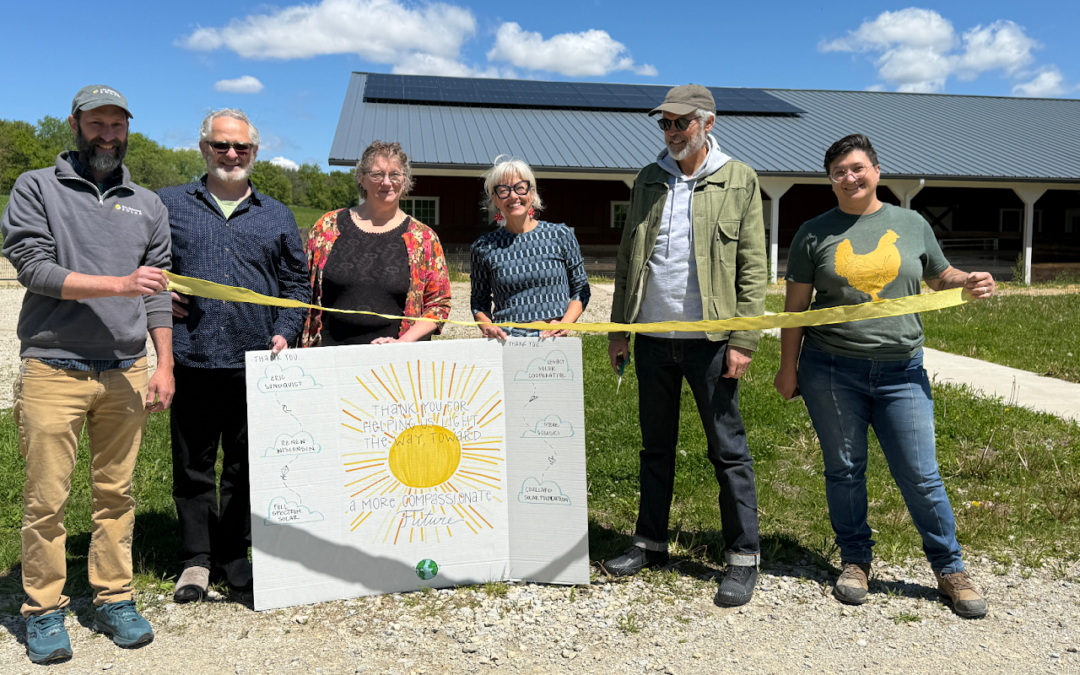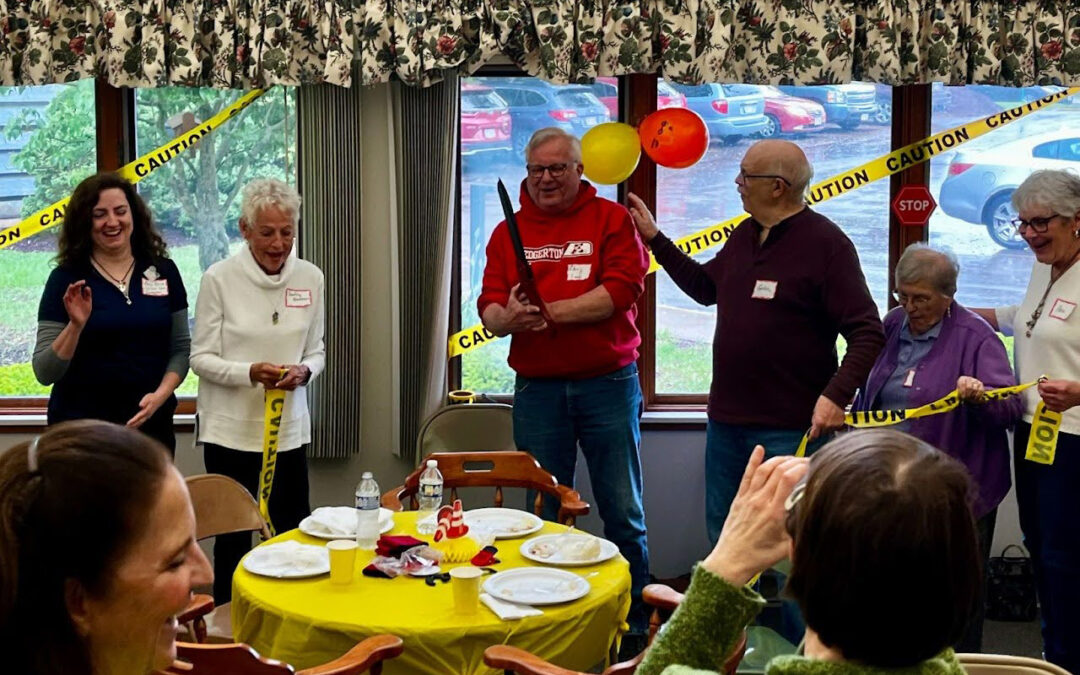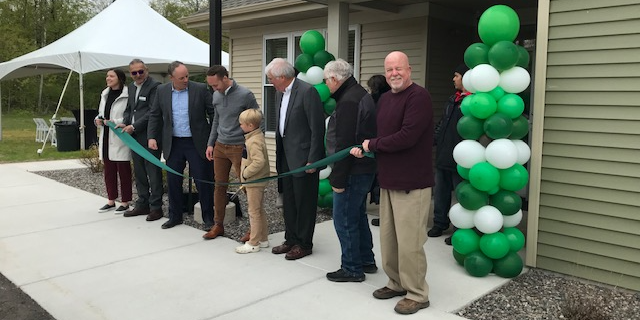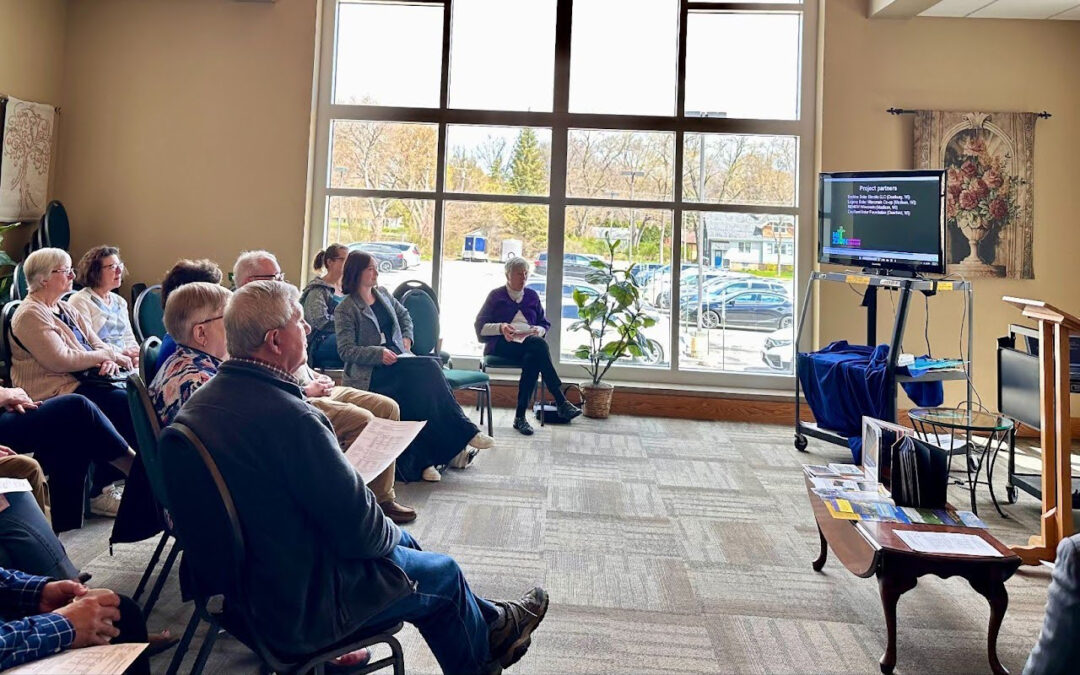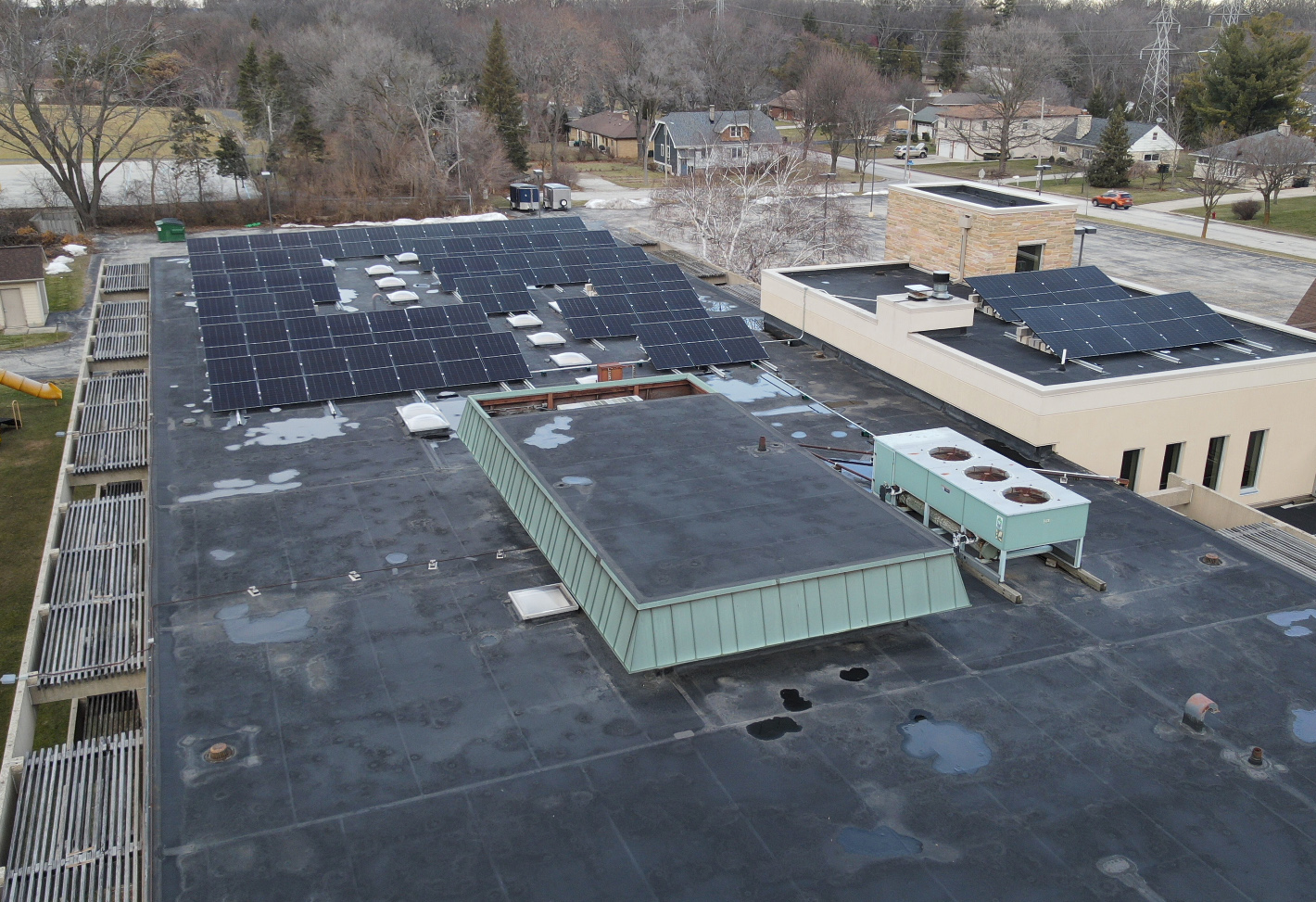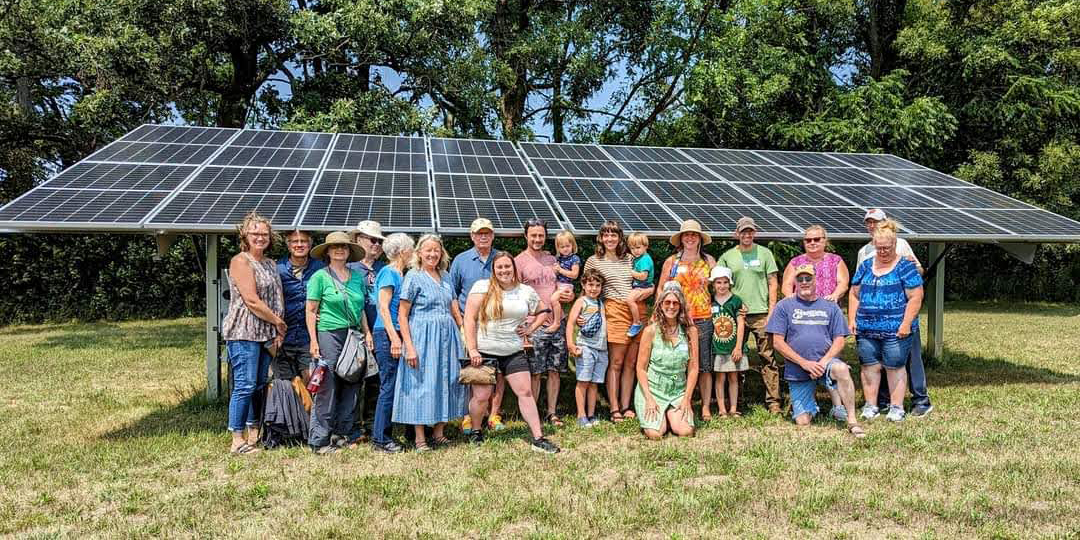
Spring 2025 Solar for Good Grant Awards
The Solar for Good grant program has awarded over $160,000 in solar panel donations to Wisconsin nonprofit organizations for the Spring 2025 grant round. The 15 nonprofits will install 16 projects for a total of 834 kilowatts of solar electricity, leading to more than $1.9 million in renewable energy investments in Wisconsin.
The grant recipients from the Spring 2025 grant round are a diverse group of organizations, including libraries, nature centers, and houses of worship. Each facility’s solar project will create significant cost savings, allowing them to allocate more funds to their community-focused missions.
The following organizations have been awarded Spring 2025 Solar for Good grants to install new solar energy systems:
Aldo Leopold Nature Center – education/conservation, Monona
Cinnaire Solutions Corporation (Collective on Fourth) – affordable housing, Madison
Whitehall Public Library – library, Whitehall
First Congregational Church, UCC – house of worship, La Crosse
Lakes Country Public Library – library, Lakewood
Milwaukee Community Sailing Center – recreation, Milwaukee
Our Nawakwa Youth Camp – education/conservation, Chippewa Falls
Quasimondo Physical Theatre – arts, Milwaukee
The Bridge to Hope – human services, Menomonie
Trinity Lutheran Church, ELCA – house of worship, Arkdale
Urban Ecology Center (Washington Park and Prairie Springs) – education/conservation, Milwaukee
Ontario Public Library – library, Ontario
WestCap – affordable housing, Glenwood City
Wonewoc Public Library – library, Wonewoc
*One organization has asked to remain anonymous.
The Solar for Good initiative supports the expansion of solar power among mission-driven nonprofits and houses of worship across Wisconsin. Through a generous partnership with the Couillard Solar Foundation, a 501(c)(3) nonprofit committed to accelerating the transition to decarbonization, RENEW Wisconsin awards solar panels to nonprofit organizations seeking to transition to clean, renewable energy.
“With generous support for our solar project, Ontario Public Library now has the incredible opportunity to invest more deeply in our community while also making a lasting impact in caring for the sustainability of our finances and our environment.”
– Rachel Conner, Library Director of Ontario Public Library
Since 2017, Solar for Good has awarded grants to over 230 nonprofits throughout Wisconsin, resulting in nearly $30 million in renewable energy investments. Collectively, these grant recipients are on track to install more than 10 megawatts of solar energy.
“Thanks to the Solar for Good program and the Couillard Solar Foundation, Our Nawakwa is proud to be moving forward with solar energy at Camp Nawakwa. We are especially grateful to the Chippewa Falls High School Green Team for their hard work, knowledge, enthusiasm, and advocacy. Together, this partnership strengthens our ability to provide environmental education, develop leadership skills, and promote wellness, ensuring Nawakwa’s legacy for generations to come.”
– Sherry Jasper, Board President of Our Nawakwa, Inc.
With the help of Solar for Good grants, 16 new installations will advance Wisconsin’s transition to solar energy, promoting environmental stewardship and long-term energy savings. Looking ahead, the program remains dedicated to empowering community-centered nonprofits across Wisconsin—helping them make a positive environmental impact, promote economic growth, and better serve the people who depend on them.
“This opportunity through Solar for Good will make a huge impact. It reduces our carbon footprint, increases local air quality, and will provide cost savings to our small arts non-profit, ensuring our ability to serve our community.”
– Brian Rott, Artistic Director of Quasimondo Physical Theatre
RENEW Wisconsin, a nonprofit organization, works to advance renewable energy in the state through advocacy and support for solar power, wind energy, renewable fuels, local hydropower, electric vehicles, building electrification, and energy storage.
Many of the participating nonprofits are also benefiting from the federal direct pay provision—an important element of the Inflation Reduction Act. This policy allows tax-exempt entities to receive clean energy tax credits as upfront payments. For many organizations, this critical funding has made solar investments possible for the first time. In fact, for several of the projects highlighted here, direct pay played a crucial role in closing funding gaps and turning long-held clean energy goals into reality. Without it, many of these installations would not have been feasible.

